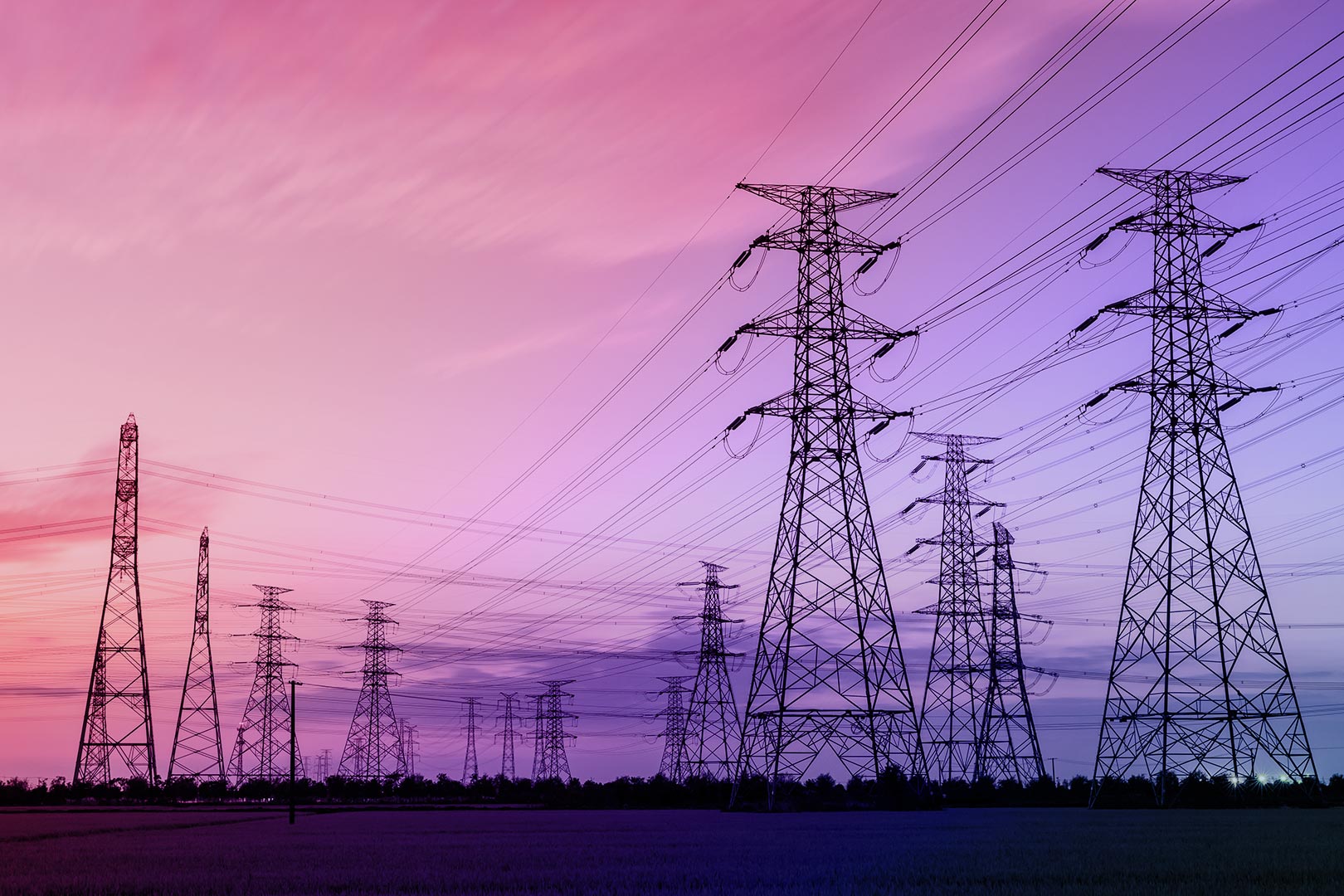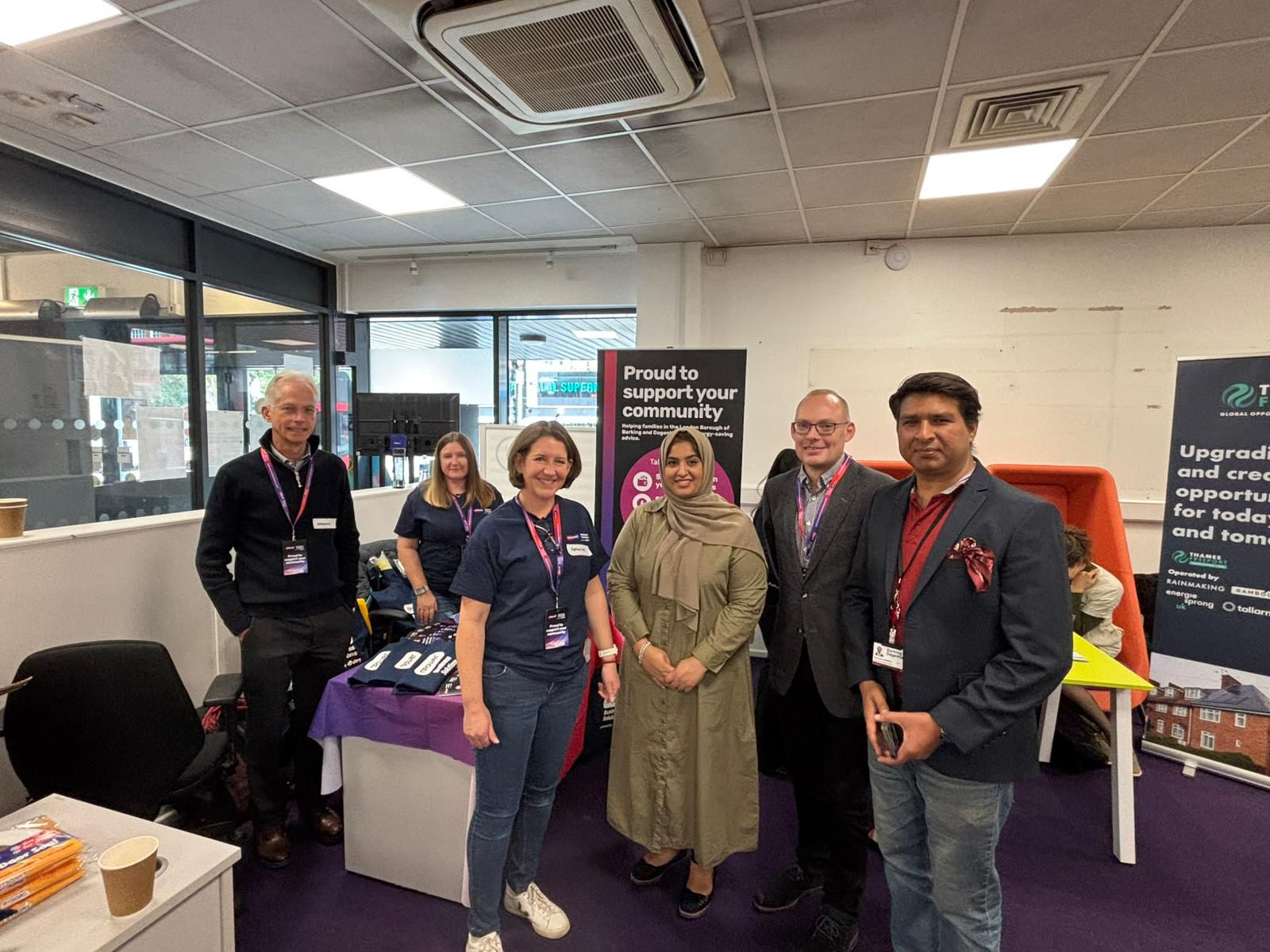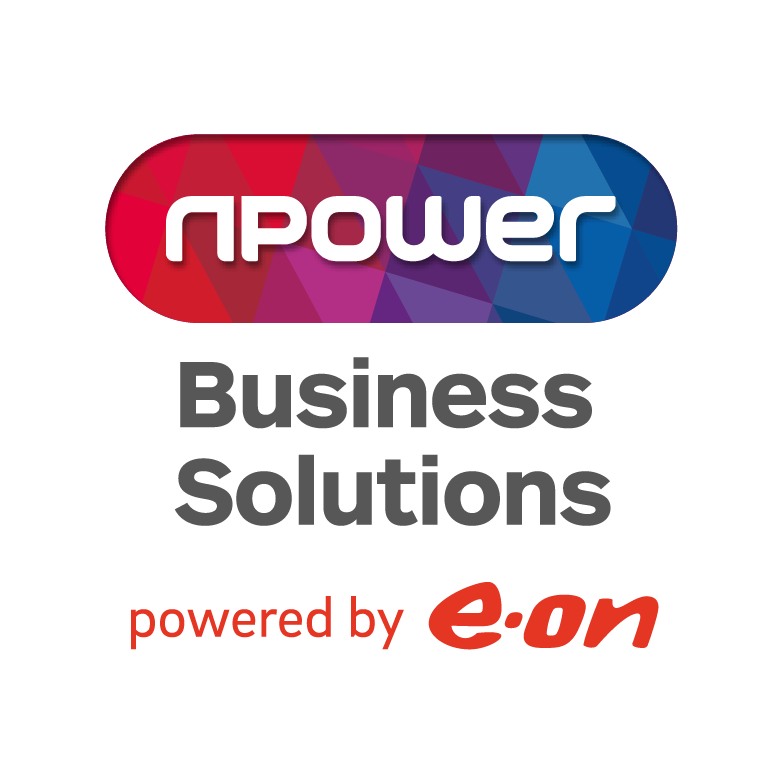Richard Koszykowski, energy advisor at the Major Energy Users Council (MEUC)
In my 30 years of working in the energy industry, I’ve witnessed a great deal of change, with the growth of sustainable energy and the increased use of smart technologies two of the biggest positive changes.
However, the energy crisis we are facing right now is one of the biggest challenges that major energy users have faced for many years. Echoing the results of npower Business Solutions’ recent Business Energy Tracker, the sentiment among our members is one of major concern as they try and find the best ways to protect themselves from energy risk.
It’s a top-of-the-agenda item and it’s not one that’s going away any time soon. As a result, we’re regularly being approached to provide advice on how businesses can manage this risk.
Don’t put decarbonisation on the back burner
The attitude of many of our members towards net zero is a reflection of what was said in the Business Energy Tracker - that businesses back it and know it’s the right thing to do, but that the current crisis could impact progress.
Put bluntly - it’s about survival first and net zero second for many of our members.
Historically, industrial and commercial (I&C) companies have made the biggest carbon reductions, more than any other sector in this country - they’ve already done a lot towards net zero and now they’re being asked to do even more.
However, they know their role and that to reach net zero, they need to become much more energy efficient. That said, if you’re investing billions to get your energy consumption down, you’ve got to have confidence you’ll get some sort of payback. That is why it is so important that Government policy is there to support businesses.
Plan ahead with your energy contracts
While the market volatility over the last year could not have been predicted, we found that many businesses who were on 12 or 24 month fixed contracts were still not planning ahead, particularly in the run up to renewal time. One of the reasons they didn’t do this is because they couldn’t forecast their demand. As a foundation of anything that a company does it must be able to analyse its own business and establish what it will need over the next six, twelve or 24 months.
It’s also important to monitor the market - your energy supplier can provide you with data on market movements to help you understand where prices are going. The MEUC also provides comprehensive and neutral analysis of the energy sector for all its members on a weekly basis.
From this, you can create a flexible procurement policy to get the energy you need at the best price. Risk mitigation isn’t there to get you the lowest price in the market, it’s really about avoiding nasty surprises.
Work with your energy supplier
Overall, it is really important for major energy users to develop a close working relationship with their energy partner who can provide them with the additional support they need during these times. Energy is no longer just a commodity, so working in partnership with your energy supplier will be crucial to help you manage your energy risk.


/npm214%20Digital_H_UB102.jpg)
/npm214%20Digital_H_UB15.jpg)

/npm214%20Digital_H_UB101.jpg)
/npm214%20Digital_H_UB121.jpg)

/npm214%20Digital_H_UB106.jpg)


